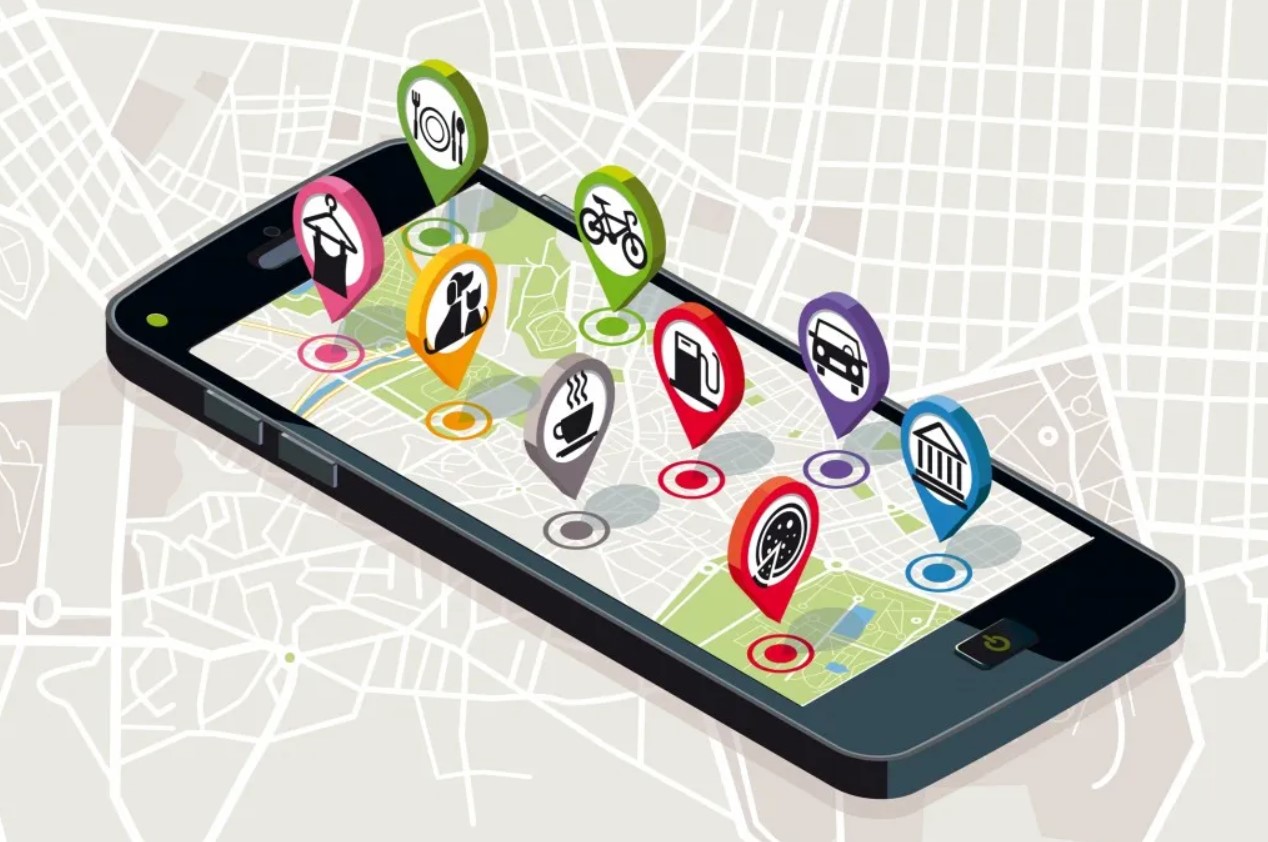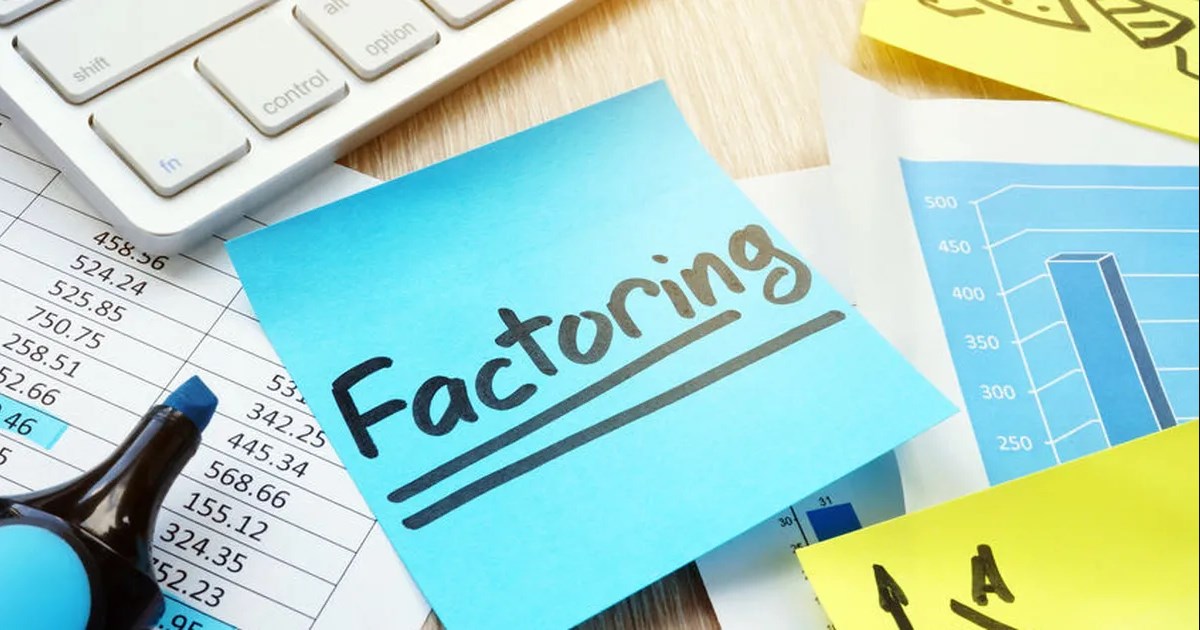About Money Without Pain: 4 Smart Books that will Help You Deal with Finances
Financial literacy is never taught in schools, so many people approach their thirties with a standard set of money issues: impulse purchases, credit cards, and a lack of a cash cushion. Previously this might not have been too bad, but now is the time to learn how to save, deposit, and even multiply your money. In this article, you’ll find books to help you manage your relationship with your wallet.
“The Richest Man in Babylon” by George S. Clason
The perfect book to get you started. First of all, it’s small and doesn’t scare away beginners with its thickness. Secondly, the book is written in simple language and explains the three primary financial lessons:
- You have to save money. Since Clason, almost every financial advisor has used the phrase “pay yourself first.”
- You have to invest what you have saved so that money can make it work for you.
- Better not to borrow or lend.
And all this is in the form of parables of the inhabitants of ancient Babylon.
After reading this book, many people begin to count their expenses and save money. That is precisely the book’s main benefit: it makes you question and changes your financial habits.
George Clason was born in 1874. He fought in the Spanish-American War and then founded a company that produced road maps, guidebooks, and atlases. In the 1920s, he worked with a group of archaeologists to translate cuneiform tablets discovered during excavations in the interfluve (present-day Iraq). It is believed that the writings of Babylonian merchants and moneylenders formed the basis of the parables that Clason published in banking pamphlets and then gathered into the book “The Richest Man In Babylon.”
“The One-Page Financial Plan: A Simple Way to Be Smart About Your Money” by Carl Richards
Richards believes that even the most educated and successful people are afraid to plan and make a personal budget. It seems complicated, there is no time or energy to study it, and generally, money is stressful, so it is easier to leave everything the way it works.
Often our excuses are:
“I’m fine, why bother?”
In the first chapter, Richards suggests asking yourself, “Why do I need money? What am I going to do with them?” Answering it isn’t easy, especially if you’re used to buying only what you need. Still, it’s easier to start dealing with money consciously if you have a goal: to save for a home, your own business, or a poverty-free retirement.
“Everything in the world is unpredictable, and budget planning makes no sense!”
Yes, the future is uncertain, and you can’t prepare for everything. If you open a cafe, a quarantine might happen; if you get a new job, you might not get a salary; if you plan to have one child, you might have twins. But that shouldn’t stop you. Just accept that life is full of surprises.
“Financial planning is very challenging!”
A proper plan is three to five items that meet your desires and values (which you determined by answering the question, “Why do I need money?”). Then, you can write them down in a notebook or on a napkin. Such a plan is not distressing with its unattainability and is easily updated if circumstances change.
An example of a financial plan from the book: a goal + three points that can help achieve it.
The book helps build a healthy relationship with money: do not go crazy if you do not have enough money, and do not waste it if your income has increased. Instead, just calmly save and invest.
Carl Richards is a financial planner. He speaks at seminars and writes a financial column for The New York Times, illustrated with his trademark sketches.
“Rich Dad Poor Dad” by Robert Kiyosaki
The book’s main idea is that working only for a wage is a road to nowhere. No matter how much you earn, you will always depend on the opinion of your bosses and the situation in the company. In case of dismissal, crisis, or disability, you will be left without money, and it is far worse if you have debts.
That’s happened to “poor dad” – Kiyosaki’s father. Generally, he did everything right: he got a decent education, a great job, and bought a house on credit. But the family still had financial difficulties, and after his death, “poor dad” left only debts.
But “rich dad” – the father of Kiyosaki’s best friend – made a fortune, mainly because he invested in assets rather than liabilities because assets make money, while liabilities require expenses.
For example, your own house or apartment is a liability. We spend on credit, utilities, repairs, new furniture, etc. Real estate for rent is an asset. Having invested once, we receive money every month.
The book is easy to read and master as it is built on examples, counter-examples, and conclusions.
“The Road to Financial Freedom: Earn Your First Million in Seven Years by Bodo Schaefer
The author explains how to pay off debt, save money, and invest in this book. If you need to pick just one book on finance, choose this one. There’s a special section here – about attitudes to money.
Schaefer tells how we are frequently hindered from succeeding by our attitudes.
To get rid of them, we need to visualize a table that consists of a tabletop-opinion and legs-experience.
We need to abstract from experience and think about the opinion itself, to doubt it:
- Why might it be wrong?
- Was the person who told me it rich?
- What financial and emotional losses await me if I do not abandon this belief?
- What will it mean for my family and loved ones?
- What will my life improve if I change this belief?
When the old belief no longer seems immutable, replace it with its legs. For example, our life is full of problems, but money helps solve them.
Many readers note that the book helps change thinking and is a great inspiration.
Bodo Schaefer is an entrepreneur and business coach. He has written a dozen books on finance, including ones for children.
For premium readers







